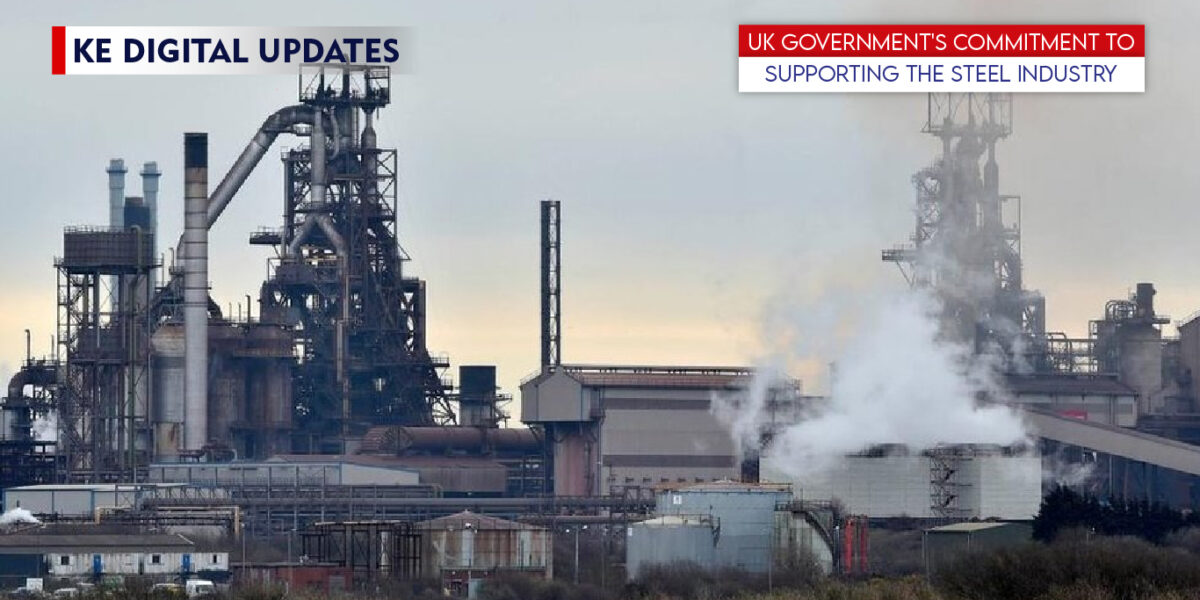Published on December 09, 2024
During the recent parliamentary summit “Shaping a Strategy for Steel,” UK Secretary of State for Business Jonathan Reynolds reaffirmed the government’s dedication to supporting the steel industry. This commitment was expressed in response to growing concerns about the sector’s future, focusing on investing in new technologies and transitioning to low-carbon production processes.
The State of the UK Steel Industry
The UK steel industry is a critical component of the national economy, providing essential materials for various sectors, including construction, automotive, and manufacturing. However, the industry faces significant challenges, including high energy costs, global competition, and the need to transition to more sustainable production methods.
Government’s Strategic Plan
Reynolds outlined the government’s strategic plan to address these challenges and ensure the long-term viability of the steel sector.
Key elements of this plan include:
- £2.5 Billion Green Steel Fund: This fund is designed to help modernize the steel industry by investing in new technologies and low-carbon production methods. One of the primary focuses is the transition to electric arc furnaces, which are more environmentally friendly and will significantly reduce carbon emissions.
- Addressing Energy Costs: High energy costs have long burdened the UK steel industry. The government plans to implement measures to reduce these costs, making the industry more competitive on a global scale. This includes subsidies and other financial support to help steelmakers manage their energy expenses.
- Combating Global Competition: The steel industry faces intense competition from international producers, particularly countries with lower production costs. The government will support measures like the cross-border carbon adjustment mechanism (CBAM) to address unfair competition and ensure a level playing field for UK steel producers.
Collaboration and Stakeholder Engagement
Reynolds emphasized the importance of collaboration between the government, industry leaders, and trade unions to make this strategic plan successful. He called on all stakeholders to work together to transform the UK steel industry and make it more resilient and competitive.
Public Procurement and Local Steel
The UK Steel Industry Association has urged the government to prioritize local steel in public procurement. Currently, one-third of the steel used in public projects is imported, costing British taxpayers £1.5 billion annually. By giving preference to domestically produced steel, the government can support the local industry, preserve jobs, and strengthen the national economy.
Conclusion
The commitment expressed by the UK Secretary of State for Business signals a significant step towards revitalizing the steel industry. The strategic plan, centered around a substantial investment in green technology and measures to reduce energy costs and combat global competition, aims to secure the industry’s future. Collaboration and prioritizing local steel in public procurement are crucial to this effort. With these initiatives, the UK steel industry is poised to navigate its challenges and emerge stronger and more sustainable.


